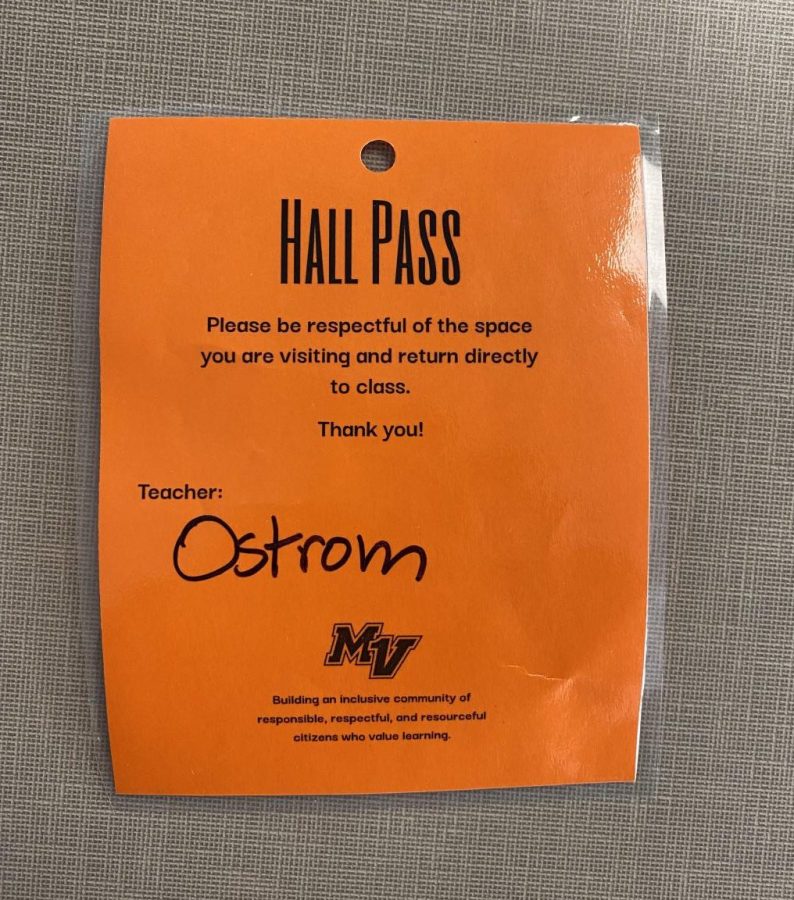Against College Abroad
January 26, 2022
Although some students yearn to study abroad, there are many reasons to study at a college in the United States. While studying abroad may help students explore what they want to do and help them meet new people and have new experiences, there are cons to this decision.
Students who go abroad separate themselves from friends and families and place themselves in an environment that they do not know, which can have serious impacts on their mental health. While some students prefer to be alone, there are students who perform better with familiar faces they know and can rely on. According to The Study Abroad Rollercoaster of Emotions, students in these situations often experience recognizable emotional shifts.
Four emotional stages that many students go through when studying abroad alone are fear, elation, sadness and pride. Fear creeps up on students when they first step into the plane, making them wonder if they are making the right choice or not. Elation may take over as the realization of being alone and being able to do things without relying on others sets in. Sadness rushes over when realizing that they are by themselves and do not know the things going on back at home and feel homesick. Students are accomplished when they overcome these emotions at the expense of losing relationships and bonds with loved ones.
Students also may face language and cultural barriers in a new environment. If there are problems, they can’t expect family members or friends to come help or pick them up due to distance unless they have someone living there. Communication is a lot harder in a place that is new with unfamiliar people. Students may have to take a language course to prepare themselves if they do decide to go abroad given that it is not guaranteed that Europeans will know English.
Different universities have requirements that limit international students’ study courses, as well as degrees that may not be applicable in other nations. So unless the student has found a guaranteed way to stay in the country where they are getting their degree they might not even be able to use the degree they worked for. Paperwork needs to be filled out to have legal citizenship. International students need to apply for a visa to study abroad. Every country has its own process, requirements, and fees for applying for a visa. Some countries may require travel to an in-person appointment at a consulate or embassy in selected U.S. cities.
The United States has approximately 5,300 colleges and universities. Public and private colleges have various courses which students can take to identify what they want to do in the future and further their education. The U.S. also has some of the highest-ranking universities in the world such as Harvard, California Institute of Technology and Stanford. Most U.S. states offer competitive programs as well.
Although there is nothing wrong with going to college abroad, it is better to study domestically. Given that there are a lot more barriers and uncertainties with education abroad, it makes more sense to remain in the U.S. for post-secondary education.















![[DEBATES] Prestigious colleges: value or hype?](https://www.mvviewer.org/wp-content/uploads/2024/12/buildings-1200x654.png)



































![[OPINION] The dark origins of TikTok's looksmaxxing trend](https://www.mvviewer.org/wp-content/uploads/2024/02/Copy-of-Copy-of-Untitled-Design-1200x675.png)










![[DEBATES] Prestigious colleges: value or hype?](https://www.mvviewer.org/wp-content/uploads/2024/12/buildings-600x327.png)




